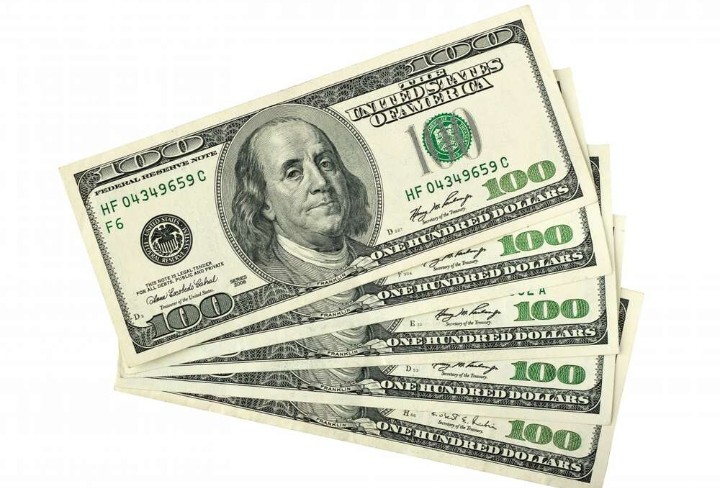In a report published by the International Monetary Fund (IMF), Nigerian banks have increased their savings in US dollars to over 40%.
The trend of saving in hard currency is attributed to rising inflation and exchange rate volatility, which has led to a loss of confidence in the local currency.
The IMF warned that the process of reversing citizens’ savings in dollars could be complex, even after addressing the initial trigger, such as high inflation and exchange rate volatility. Market participants defend their wealth by shifting to dollar savings under high and persistent inflation.
In the report, the IMF said, “Nigeria operates with dollar bias for international trade, finance invoicing and of recent, store of value. Over 40% of Nigeria’s bank deposits are in dollars”.
The use of dollars for storing value worsened in the country following the implementation of the naira redesign policy and issuance of new banknotes by the Central Bank of Nigeria (CBN).
Analysts said the redesigning of the bank notes could inadvertently lead to the dollarisation of the domestic economy.
The IMF explained that in a highly dollarised economy, there is extended use of the exchange rate for price indexation, high real dollarisation and almost complete pass-through from depreciation to inflation. Forex is also used in foreign trade.
The fund said banking systems in many developing economies are bi-monetary while the US enjoys a privileged status as the issuer of the most widely used international currency.
Reacting to the report, a financial analyst, Mr. Kayode Akindele, said, “It is not surprising that banks are saving in dollars. The economic situation in the country is not favourable, and the government needs to do more to stabilise the currency. Otherwise, we will continue to experience a loss of confidence in the naira, which could lead to further dollarisation of the economy”.
Another analyst, Mr. Wale Okunrinboye, added, “The dollar is more stable than the naira, and that is why people prefer to save in dollars. The government needs to focus on diversifying the economy and improving the non-oil sectors to attract more foreign exchange. This will help stabilise the currency and restore confidence in the naira”.






































Discussion about this post